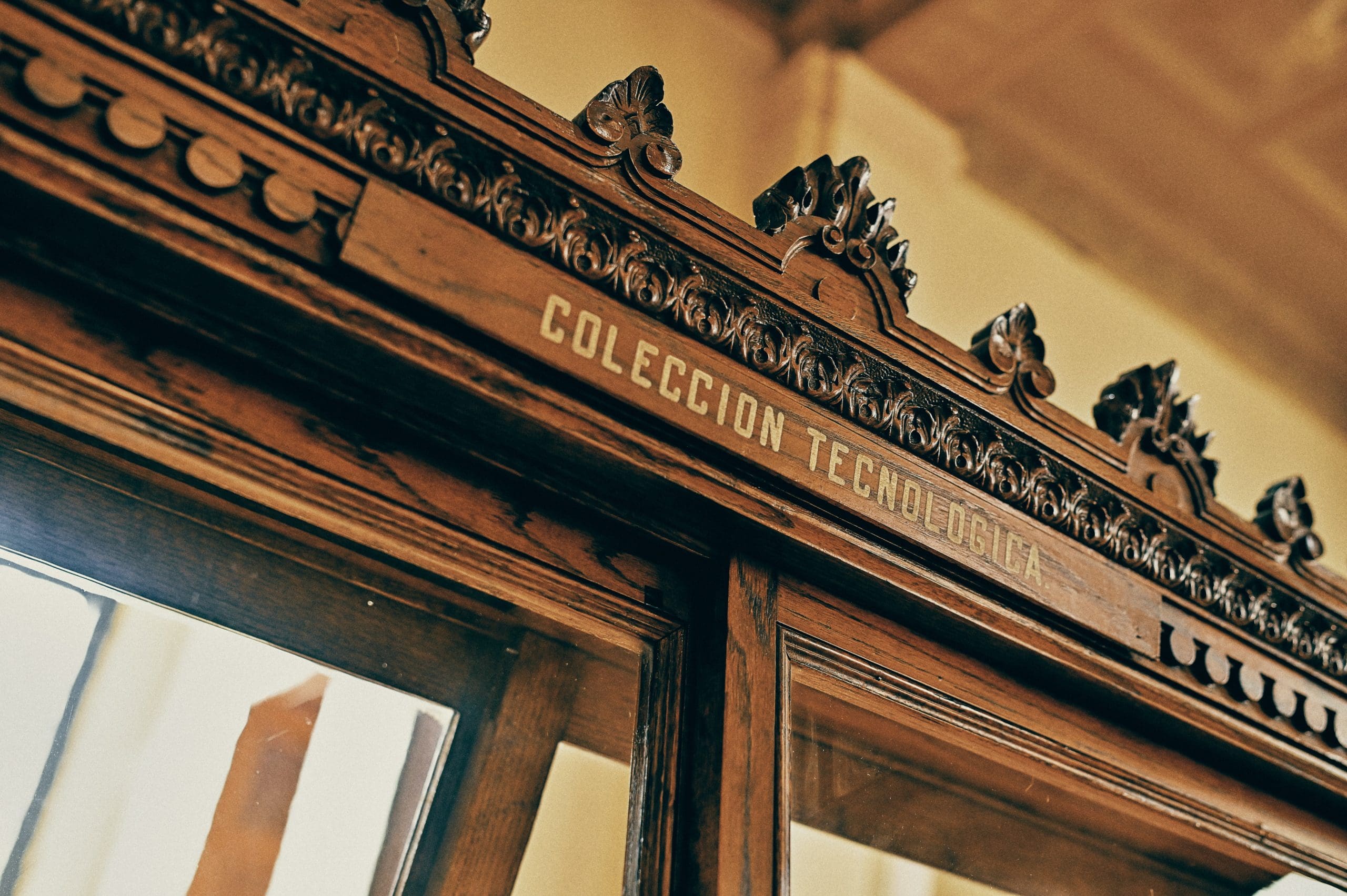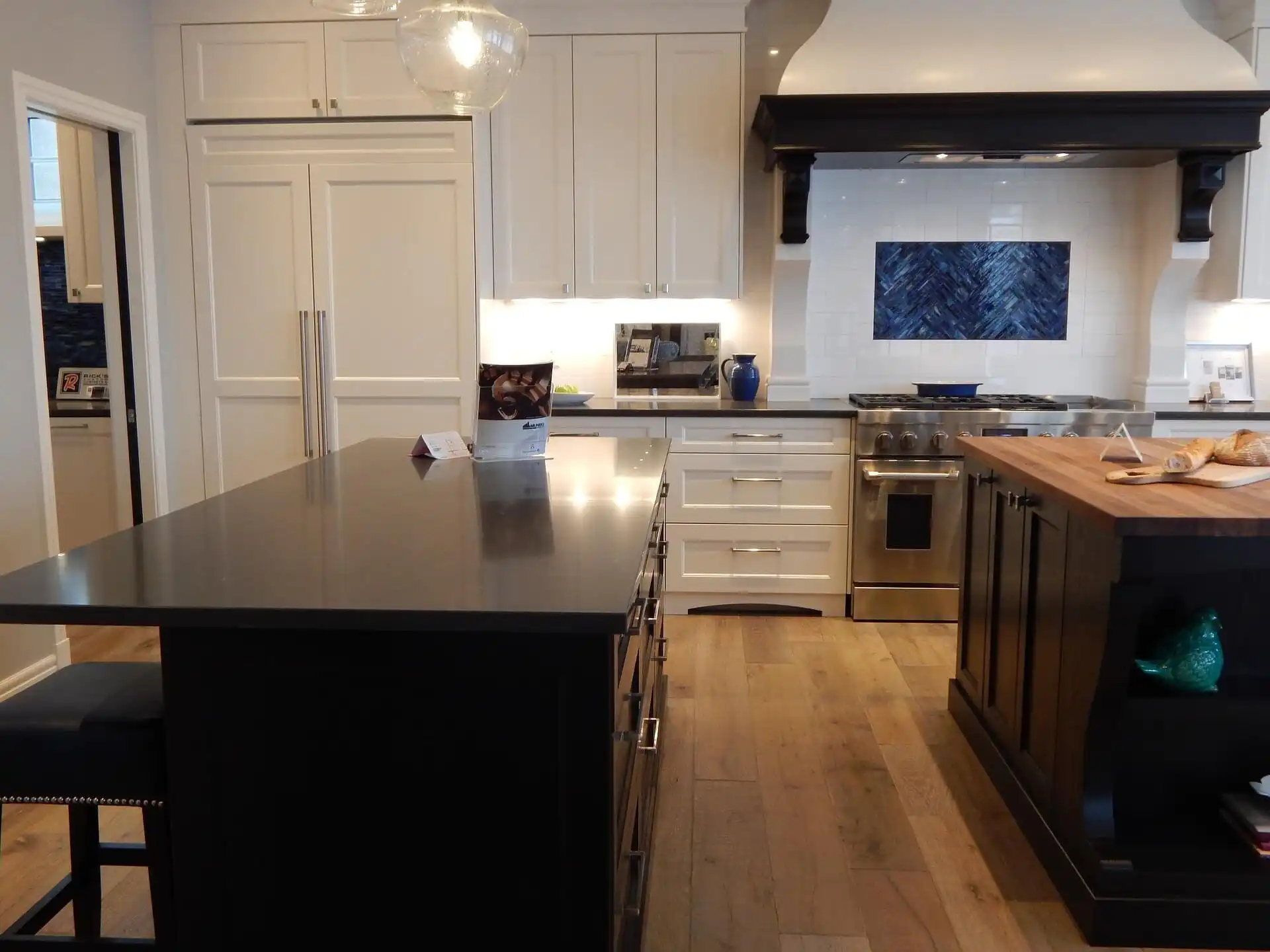Starting an antique collection can be a lot of fun, and people can do it for a wide range of reasons. If you have no experience, however, it can be a daunting venture to begin.
For people wanting to start their own collection, there are several things you can do to make the process easier and enjoyable. Take a look and see how you can start your antique collection.
Photo by Girl with red hat on Unsplash
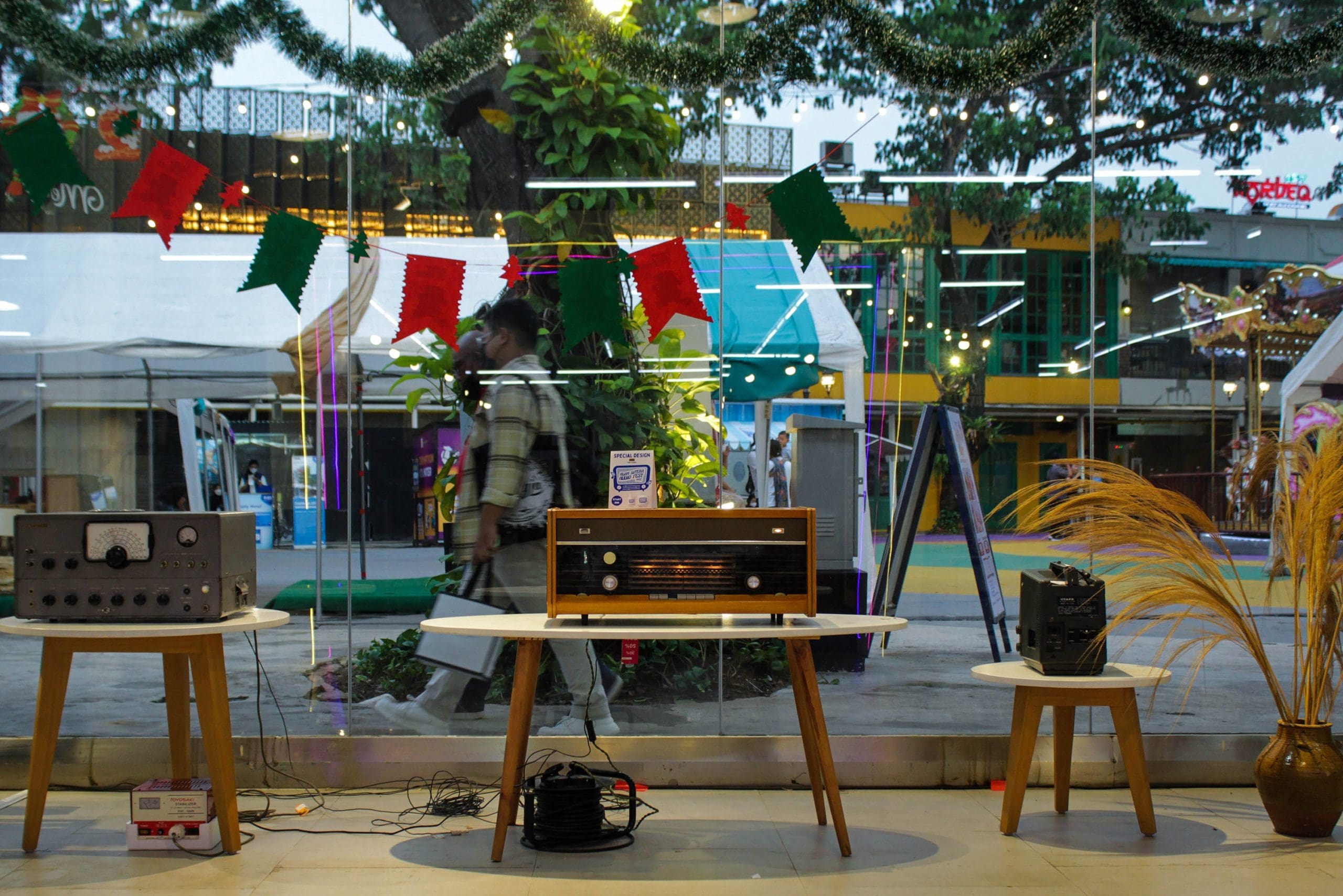
1) Understanding the basics of antique collecting
To collect antiques, you need to know what an antique actually is. An antique is usually considered to be over 100 years old, and how old it is can impact the value of the item. If an item is under 100 years old, it may be considered vintage, depending on its age. Things like how rare the item is and its condition can also affect the value.
Be aware that certain antiques can be illegal to buy or sell, depending on your location.
2) Identifying what types of antiques to collect
When collecting antiques, you need to know what type you are looking for. Going to antique fairs can help with this, as you can find out which antiques catch your attention. Finding out which ones interest you and you wish to invest in can help to establish what sort of collection you want to have and can reduce your chances of buying antiques you neither need nor want.
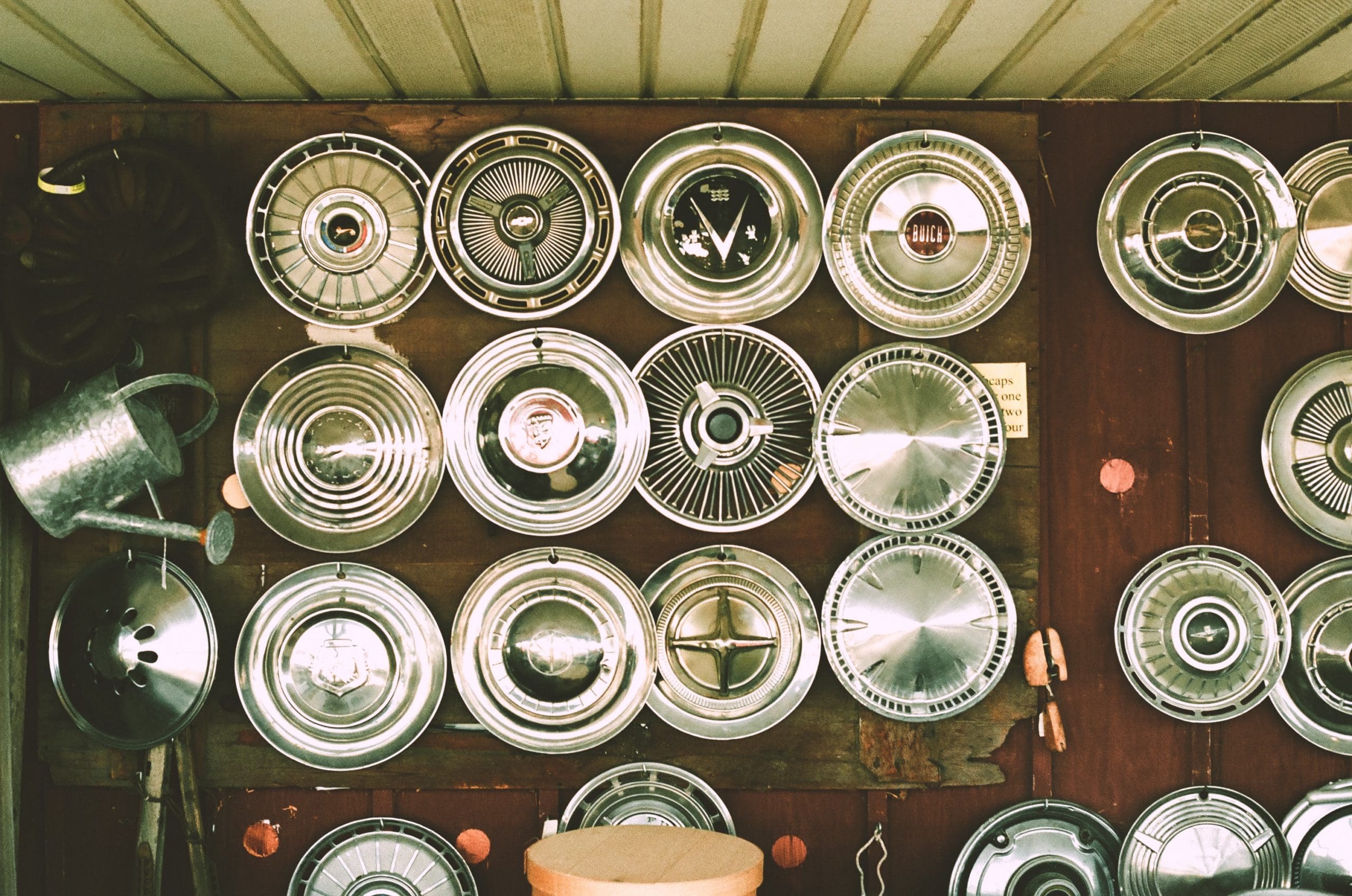
3) Finding a reputable dealer or source for antiques
Antiques can be expensive, so it is important that you find a reputable dealer to supply you with what you are looking for. This can help reduce the chances of you buying a fake antique, which can alter the value of your collection.
Dealers can also specialise in certain types of antiques or in a certain time period, so make sure you find the right antique dealer for your collection.
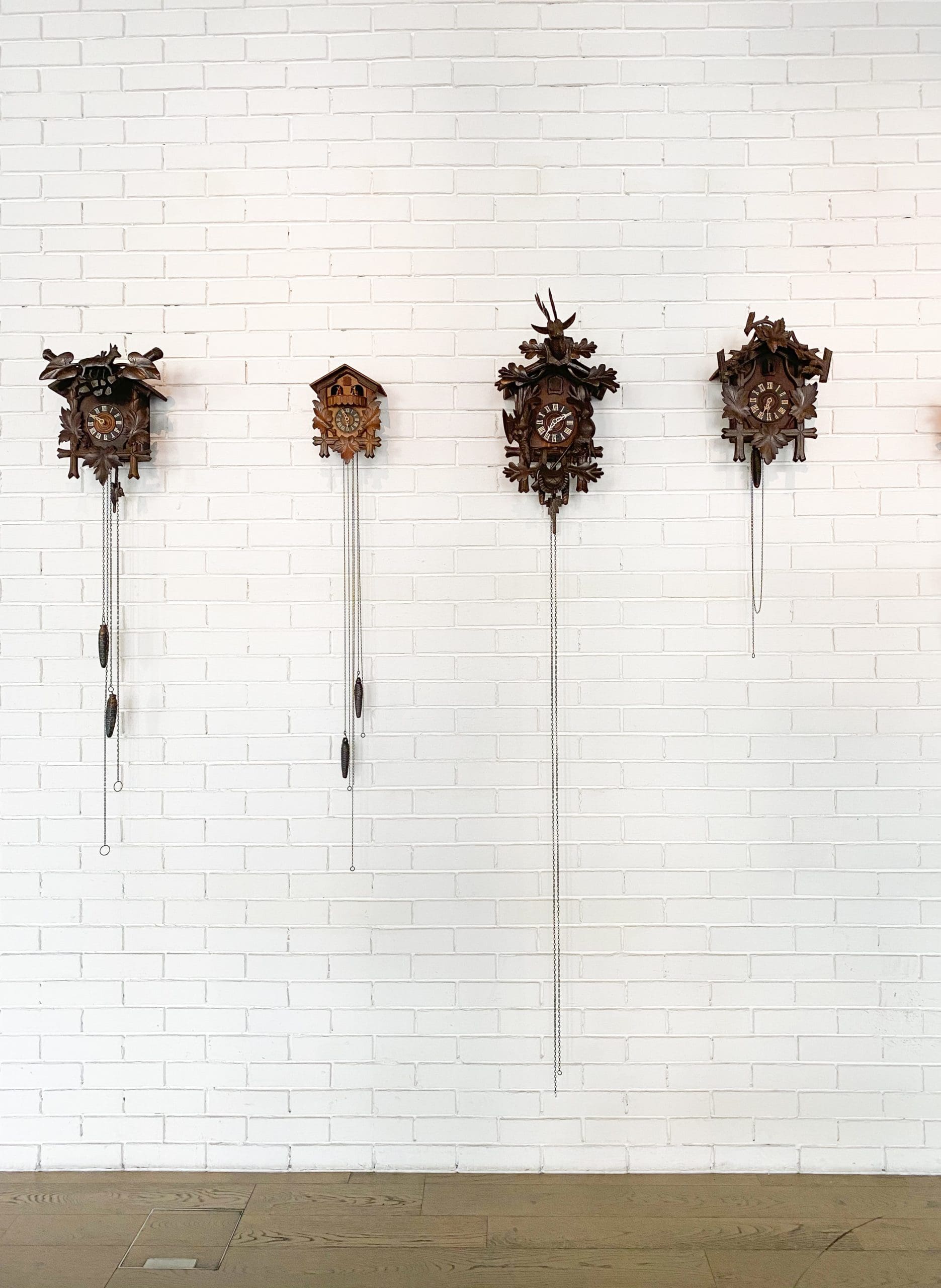
4) Building a collection on a budget
Antique collecting does not have to be an expensive endeavour. You can find antiques in the likes of car boot sales, and you can haggle the price in these situations. The best deals tend to go quickly, though, so it can be better to arrive early to give yourself the best chance of finding what you are looking for.
Also, try looking for your antiques with an open mind to avoid frustration. If you have a specific search in mind, it can become more frustrating and difficult to find your desired item. Instead, remain flexible and see if anything catches your eye.
5) Researching and authenticating your antiques
Just because an item is advertised as an antique, it doesn’t mean it actually is. If you are thinking about having an antique collection, start learning about items and how to tell an antique from a more modern replica.
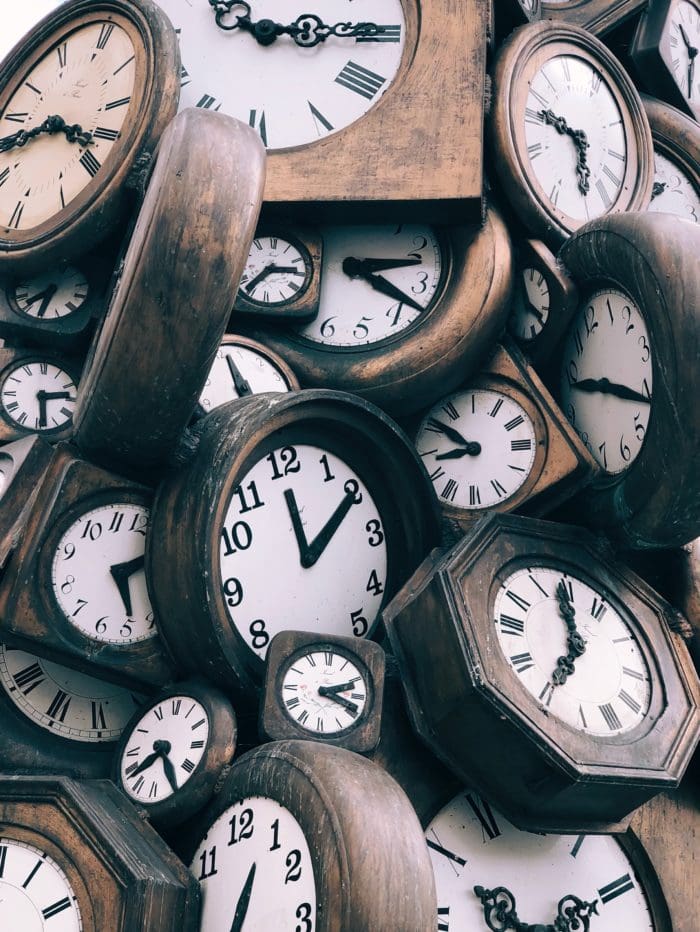
For example, antique china has a maker’s mark somewhere on the item, so look for one if you are looking at china pieces. Things such as materials are also a good way to determine an approximate time period for an antique, as particular materials and patterns were favoured in specific eras. In the same way, certain materials could signify an item was made more recently, such as using Philips screws, so it isn’t an antique.
Ensure you are familiar with antiques from different time periods before you purchase your collection, as this can make it easier to identify potential fakes.
6) Displaying and showcasing your antique collection
When displaying your antique collection, you need to ensure you have the space to do so. This may impact what antiques you wish to collect. For example, a collection of antique ceramics or small pottery can be displayed in cabinets or on a shelf, whereas larger antiques can be more difficult to store due to their size. Find the best way to showcase your collection with the space and resources you have available.
Whether you wish to collect antique furniture, coins, or something in between, accumulating these items can be an exciting pastime to engage in. Following one or a combination of these tips can help your experience be less daunting, so take advantage and see where your interests take you.
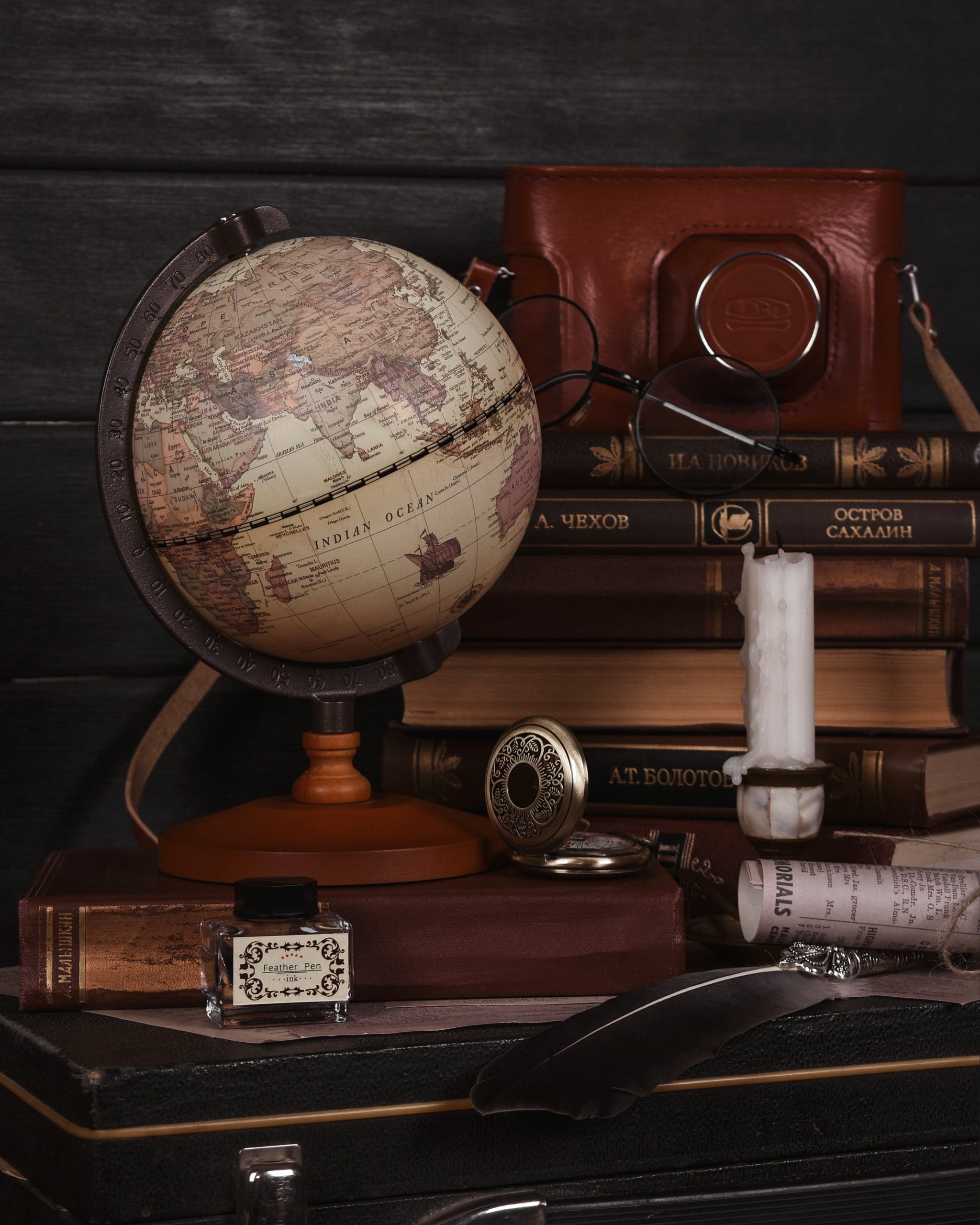
Over ten years ago, Timothy Langston began his own business, which is based in Belgravia, London. With a collection spanning from the Late Stuart and Georgian eras to much more modern pieces, Timothy Langston Fine Art & Antiques is the perfect place to begin your antique collecting experience.

